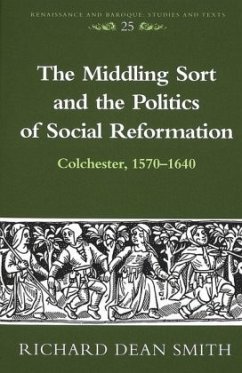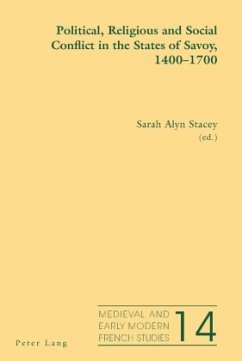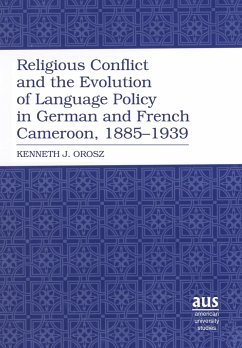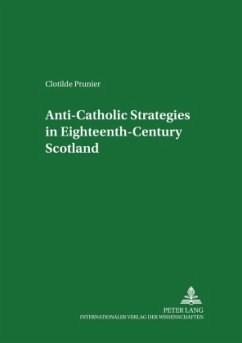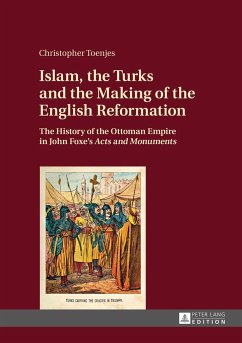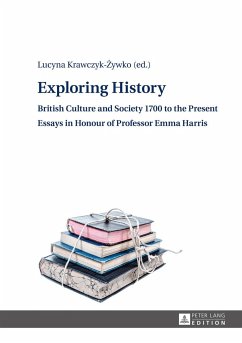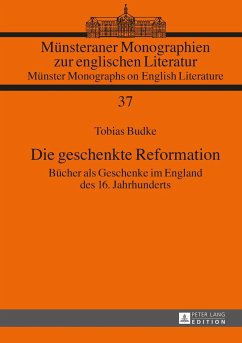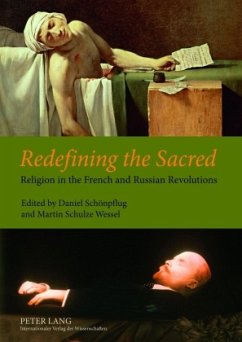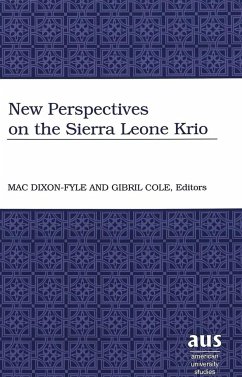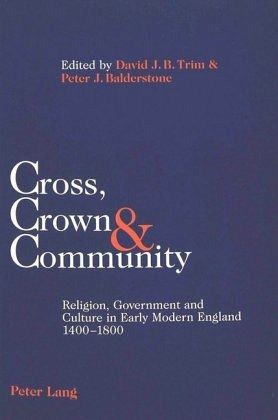
Cross, Crown & Community
Religion, Government and Culture in Early Modern England 1400-1800
Herausgegeben: Trim, David J. B.; Balderstone, Peter J.
Versandkostenfrei!
Versandfertig in 6-10 Tagen
78,95 €
inkl. MwSt.

PAYBACK Punkte
0 °P sammeln!
The values and institutions of the Christian Church remained massively dominant in early modern English society and culture, but its theology, liturgy and unity were increasingly disputed. The period was overall one of institutional conformity and individual diversity: the centrality of Christian religion was universally acknowledged; yet the nature of religion and of religious observance in England changed dramatically during the Reformation, Renaissance, and Restoration.Further, because English culture was still biblical and English society was still religious, the state involved itself in e...
The values and institutions of the Christian Church remained massively dominant in early modern English society and culture, but its theology, liturgy and unity were increasingly disputed. The period was overall one of institutional conformity and individual diversity: the centrality of Christian religion was universally acknowledged; yet the nature of religion and of religious observance in England changed dramatically during the Reformation, Renaissance, and Restoration.
Further, because English culture was still biblical and English society was still religious, the state involved itself in ecclesiastical matters to an extraordinary extent. Successive political and ecclesiastical administrations were committed to helping each other, but their attempts to mould religious beliefs and customs were effectively attempts to modify English culture. Church and state were complementary, yet because they were ultimately distinct estates, they could work only, at best, uneasily in partnership with each other.
Cultural output is thus an ideal lens for examining this period of tension in the church, state and society of England. The case studies contained in this volume examine the intersection of politics, religion and society over the entire early modern period, through distinct examples of cultural texts produced and cultural practices followed.
Further, because English culture was still biblical and English society was still religious, the state involved itself in ecclesiastical matters to an extraordinary extent. Successive political and ecclesiastical administrations were committed to helping each other, but their attempts to mould religious beliefs and customs were effectively attempts to modify English culture. Church and state were complementary, yet because they were ultimately distinct estates, they could work only, at best, uneasily in partnership with each other.
Cultural output is thus an ideal lens for examining this period of tension in the church, state and society of England. The case studies contained in this volume examine the intersection of politics, religion and society over the entire early modern period, through distinct examples of cultural texts produced and cultural practices followed.





